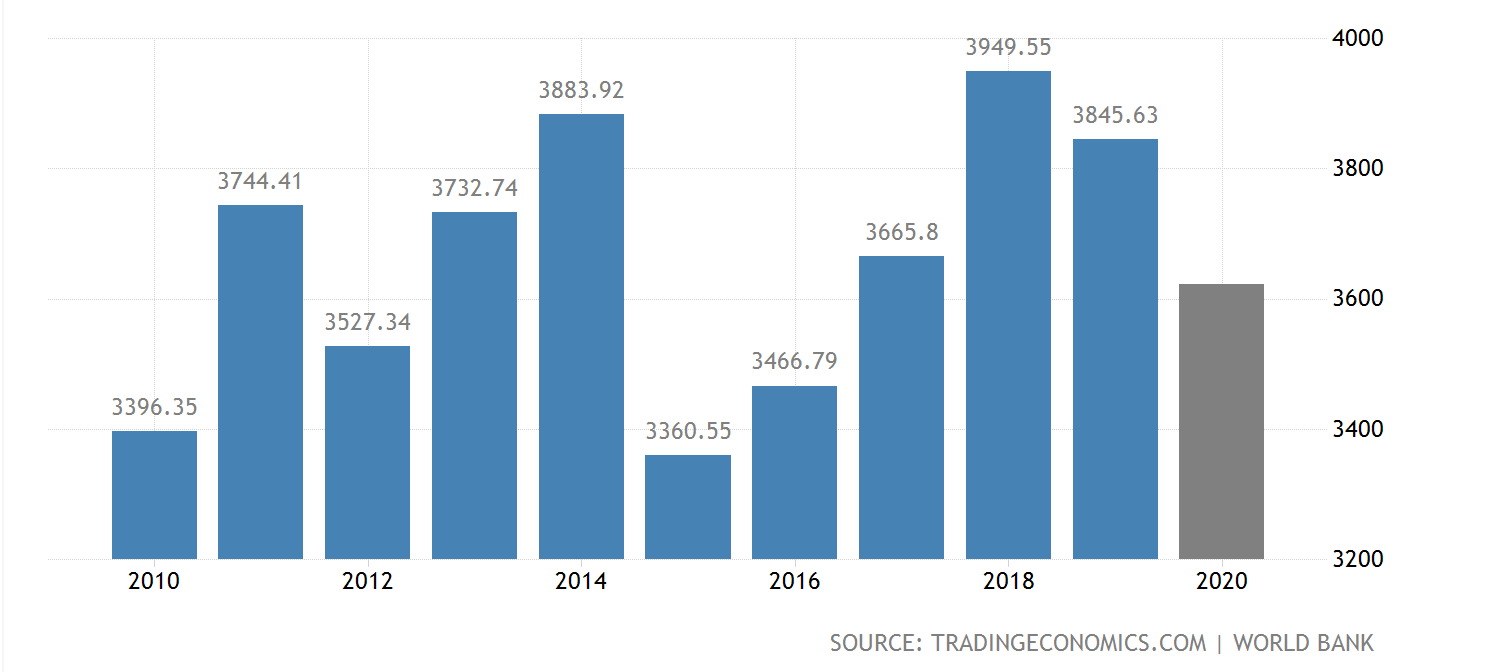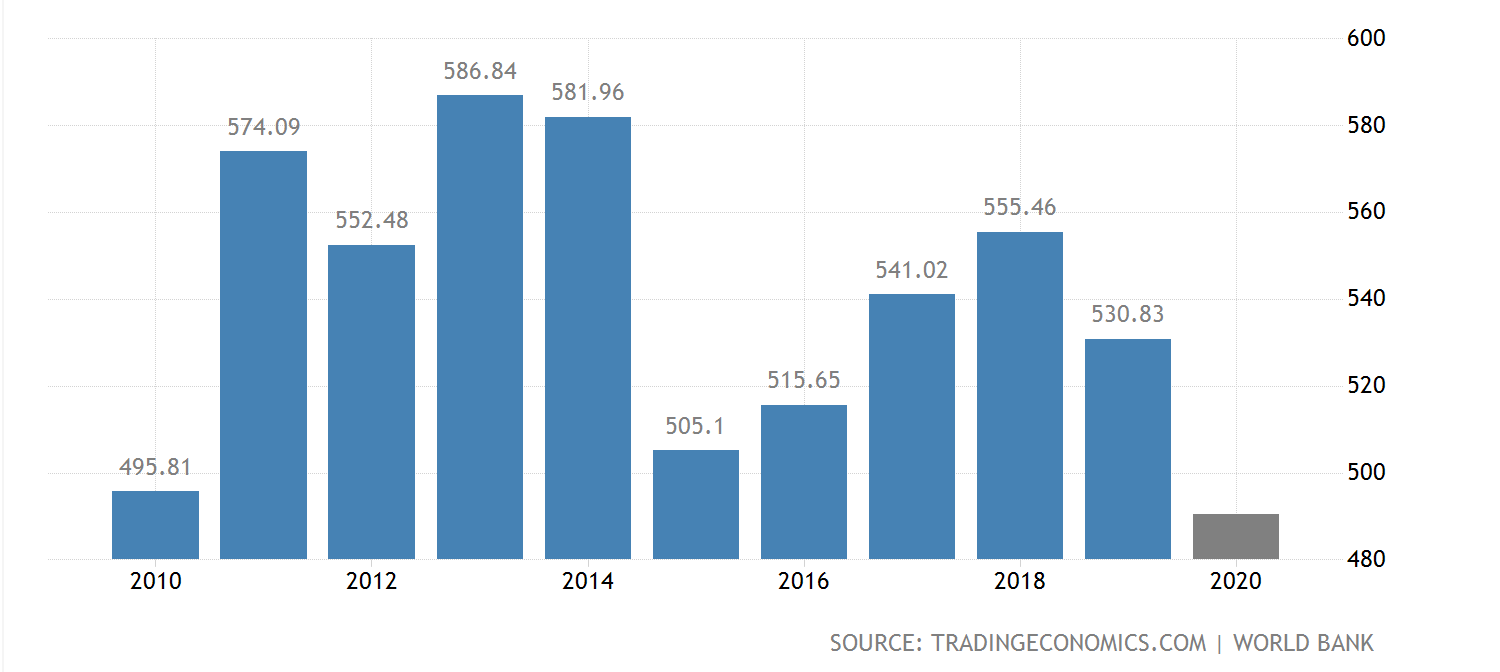How Are Germany and Sweden Doing in Digital Health?
Germany and Sweden are some of the world's most advanced countries in digital health. It's only right to analyse them in detail.

On Thursday, I attended a virtual conference on digital health in Germany and Sweden, the two leading countries in this field. I find the opportunity is appropriate for sharing what was discussed.
At first, I didn’t plan to write about this, so I, unfortunately, didn’t make any detailed notes worth sharing. Next week, I’ll make sure to do so when I’ll discuss digital health in Estonia. Stay tuned!
Sweden currently has a bad rep in terms of handling the pandemic, but they have a much better one in digital health. Partly why Germany and Sweden are so advanced in digitalisation of healthcare is that they invest a whopping 3% of their GDP into research and science.


As we can derive from the pictures above, this accounts for $115.36 and $15.92 billion respectively. If we convert this into per capita, Sweden interestingly invests even more than Germany. This has to show itself somewhere.
For this to be possible, both countries heavily stress the importance of collaboration between 4 main sectors: government, academia, private and public health authorities. A great example of this is the recent law the German government passed that allows their national health insurance to cover the costs of medical apps (more in issue #33 of this newsletter). This results in Germany currently having more than 270 digital health companies, 177 telemedicine projects. You can find it all here.

Responding to COVID-19
As I pointed out many times, the pandemic has led to so many improvements in adopting digital health. The response of the German healthcare was surprisingly good as many doctors realised not everything is bad in the “hybrid” model of working (remote consultations and in-person visits). There were even tremendous improvements in the seemingly simple sectors such as video calls. Even going forward, they plan to encourage the use of digital health technologies after the pandemic. However, their biggest advantage was that they have a robust healthcare system that didn’t break among the increasing number of patients with COVID-19.
“Never let a good crisis go to waste.” - Winston Churchill when we were approaching the Second World War
For Sweden, the goal of the transformation of digital health into everyday life became a reality. Furthermore, all sectors necessary for this adoption are collaborating at incredible length to ensure the best care possible. They report that what they’ve been talking about for years, they achieved in a few months. The crucial role was played by private companies, that developed and improved remote consultation systems as well as self-monitoring apps for people with chronic conditions, such as even cancer. Interestingly, even the elderly were ready to change their behaviour to reduce the chances of catching the virus. The goal now is to make these changes sustainable and long term.
In fairness, Sweden’s measures against the virus were catastrophic. No matter that some are idealising their “model” and no matter that their digitalisation is inspiring. Read about it in detail here.
Some of the more general realisations of digital health during the pandemic were this:
- It's possible to assess and treat patients remotely. Clinicians are also showing a huge adoption.
- Huge cultural and behavioural change.
- The ability to scale, work beyond regional boundaries and work on fundamental enablers - one of them is data, access to and sharing of it.
But perhaps the greatest realisation of the whole situation is that all countries need to collaborate. The first step is of course the collaboration of different sectors within countries. The second one is just as important and it’s collaboration between countries - the EU is perfect to do that. “We're all facing very similar challenges. A good reminder that we need to build a European ecosystem for digital health and build on many common frameworks - Europe has great potential.” Read more in this article.
Startups have the greatest potential
One of the topics of the whole event was digital health startups that got huge opportunities to jump-start their ideas. It was tough, but usually worth it in the end. But again, the environment in which these startups are growing is very stimulatory. Both countries know the fact that they need to de-bureaucratise and improve ”regulation of products and startups to ensure an easier development and launch”.
This all makes digital health more exciting than ever.
Churchill was on point.





